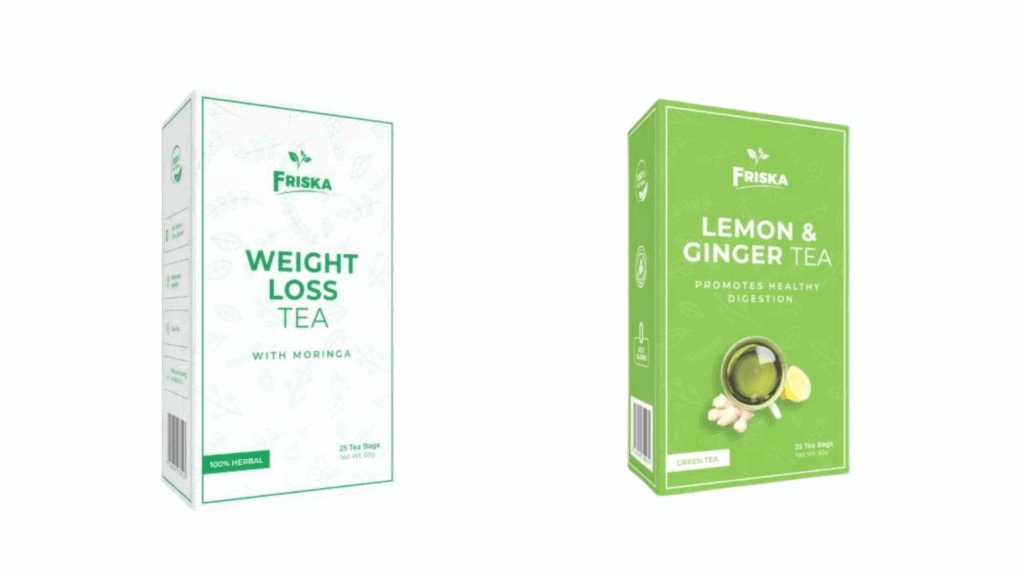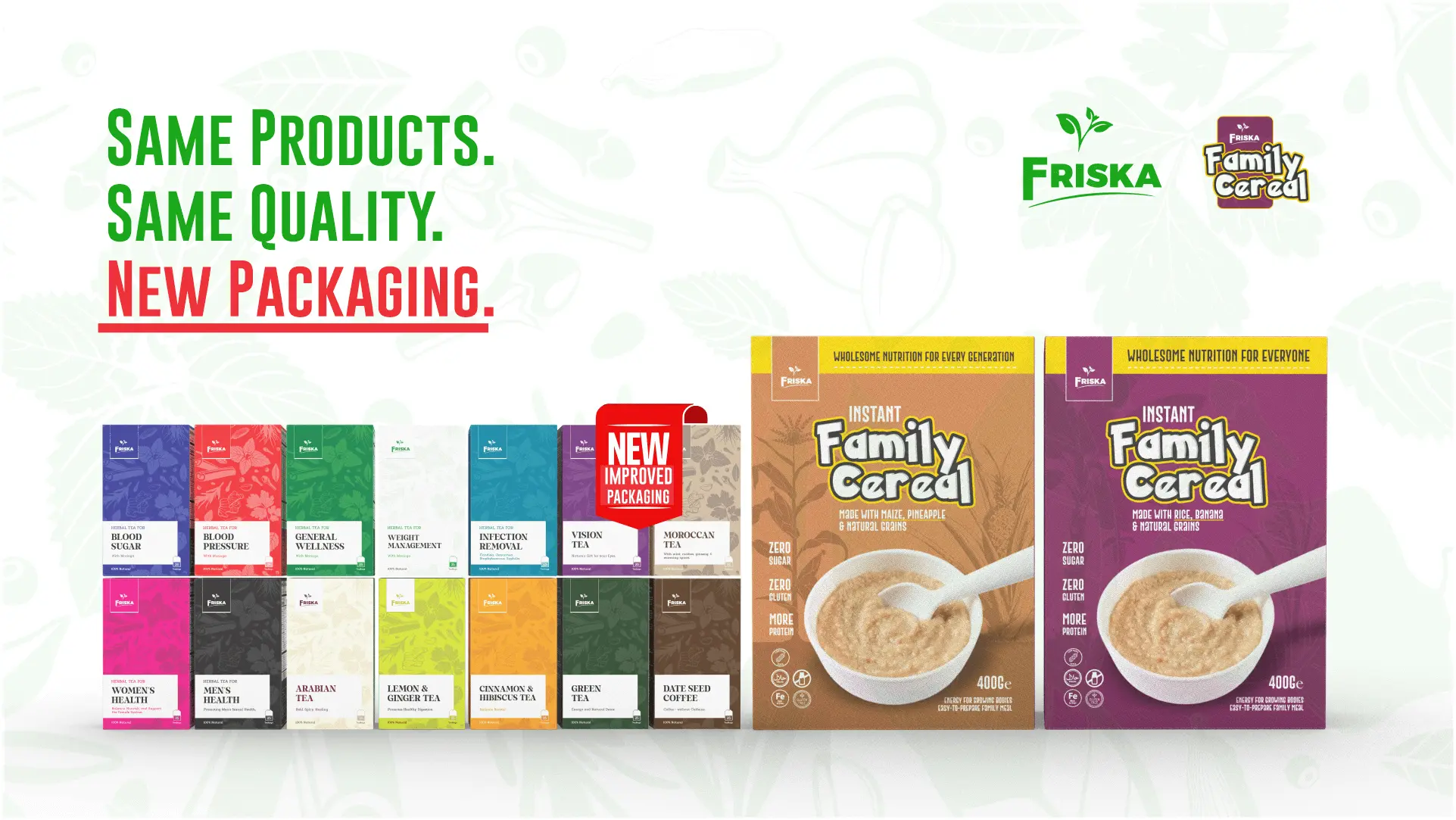In the health and fitness world, the term “calories” comes up frequently. But what exactly are they, and why should you care about them? Understanding calories can transform how you approach nutrition, weight management, and overall well-being. Let’s break down this topic in a relatable way, exploring their role and offering practical strategies to manage your calorie intake effectively.
For a detailed visual explanation, you might also want to check out this informative video on calories.
What Exactly Are Calories?
At its core, a calorie is a unit of energy. Think of it as the fuel your body needs to function, similar to how a car requires petrol or diesel to run. Your body uses calories for every activity, from basic functions like breathing and blinking to more intense physical activities like running or lifting weights.
Calories In vs. Calories Out
Understanding calories involves two key concepts:
- Calories In: These are the calories you consume through food and beverages.
- Calories Out: This represents the energy your body expends through daily activities and bodily functions.
Balancing these two elements is crucial. Consuming more calories than you burn leads to weight gain, as the excess energy is stored as fat. Conversely, burning more calories than you consume results in weight loss because your body uses stored fat for energy.
Why Should You Care About Calories?

Calories are not just numbers—they impact your overall health. Here’s why understanding them is important:
1. Managing Your Weight
The most direct link between calories and health is weight management. If you consistently consume more calories than your body needs, the excess is stored as fat, leading to weight gain. On the other hand, creating a calorie deficit (burning more than you consume) can lead to weight loss. This principle forms the foundation of most diet and exercise plans.
However, weight management isn’t just about counting calories; it’s also about making sure those calories come from nutritious sources. As highlighted in the YouTube video, different foods impact your metabolism and energy levels differently, even if they contain the same number of calories.
2. Quality Matters: Empty Calories vs. Nutrient-Dense Calories
Not all calories are created equal. The quality of the calories you consume is just as important as the quantity.
Empty Calories
These are calories from foods that provide energy but little to no nutritional value. Examples include sugary drinks, processed snacks, and fast foods. While they might give you a quick boost of energy, they don’t provide the vitamins, minerals, and nutrients your body needs to thrive. Think of it like putting low-quality fuel in your car—it might run, but not efficiently.
Examples of Empty-Calorie Foods:
- Soda
- Candy
- Chips
- Fast food
Nutrient-Dense Calories
In contrast, nutrient-dense foods are rich in vitamins, minerals, and other essential nutrients. They provide high-quality energy, helping your body function optimally. Nutrient-dense foods support your overall health and keep you feeling full and energized for longer periods.
Examples of Nutrient-Dense Foods:
- Fruits and vegetables
- Whole grains
- Lean proteins (like chicken or fish)
- Healthy fats (such as avocados and nuts)
The Impact of Food Choices: A Relatable Comparison
Imagine your body is like a car. Eating nutrient-dense foods is like filling it with premium, high-quality fuel. The car runs smoothly, performs efficiently, and requires less maintenance. In contrast, consuming empty calories is akin to using low-grade fuel—you might get by, but your performance suffers, and you’ll likely encounter problems over time.
Consider this example:
- 200 calories from a chocolate bar: Provides a quick sugar rush but lacks essential nutrients. You’ll feel a spike in energy followed by a crash, leaving you hungry soon after.
- 200 calories from a bowl of oatmeal with fruits: Offers sustained energy, fiber, and essential nutrients. It keeps you full longer and provides steady energy.
Practical Tips for Managing Your Calories
Now that you understand the basics, how can you apply this knowledge in your everyday life? Here are some practical strategies:
1. Know Your Caloric Needs
Your daily calorie needs depend on factors such as age, activity level, and health goals. Use an online calorie calculator or consult a nutritionist to determine your ideal intake. This personalized approach ensures you’re consuming the right amount for your unique needs.
2. Prioritize Quality Over Quantity
Focus on nutrient-dense foods that offer the most nutritional value per calorie. This approach helps you stay full, satisfied, and energized without over-consuming.
3. Watch Your Portions
Even healthy foods can lead to weight gain if eaten in excess. Be mindful of portion sizes, and try to listen to your body’s hunger cues. Using smaller plates and measuring servings can help you avoid overeating.
4. Maintain Balance
Enjoy your favorite treats occasionally but aim for a balanced diet. The 80/20 rule—where 80% of your food comes from nutrient-dense sources and 20% from treats—can help you maintain a healthy relationship with food.
Supporting Your Goals with Frisca Teas
Incorporating healthy habits into your routine can enhance your efforts. For instance:
- Frisca Weight Loss Tea: Start your day with this tea to curb appetite and prevent unhealthy cravings. It provides essential nutrients to keep you energized without reaching for empty-calorie snacks.
- Frisca Lemon and Ginger Tea: Enjoy it at night to aid digestion, reduce bloating, and help your body eliminate excess calories more effectively.

Together, these teas support your overall weight management strategy, especially when combined with proper nutrition and exercise.
Final Thoughts: Calories Are Your Fuel, Not Your Enemy
Understanding calories empowers you to make better choices for your health. They are not something to fear—they’re essential for fueling your body. By focusing on nutrient-dense foods, managing portions, and maintaining a balanced diet, you can use calories to your advantage.
For a deeper dive into how calories work and why they matter, check out this YouTube video. It offers a clear, engaging explanation that complements the insights shared here.
By managing your calories wisely and incorporating healthy habits like drinking Frisca Teas, you can take control of your health and achieve sustainable, long-term results.


